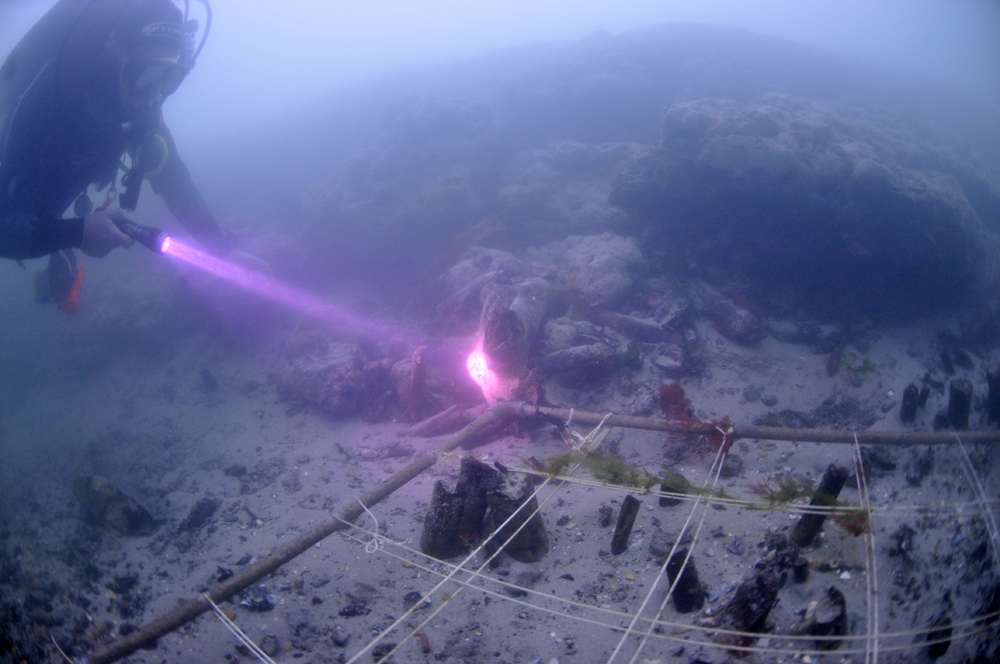Our second video is out!
This time Sara Rich shows us some timber from earlier Bouldnor excavations and tells us what we can learn from them.
You can help us save Bouldnor Cliff
Our second video is out!
This time Sara Rich shows us some timber from earlier Bouldnor excavations and tells us what we can learn from them.
You can help us save Bouldnor Cliff
Take a look at our latest video!
Garry is on the Isle of Wight discussing what we find at Bouldnor Cliff. He shows us what the submerged forests look like and what we can learn about England in the mesolithic era, emphasising the importance of this site.
We are doing our best to retrieve as much as we can before it all erodes away.
You can help us save Bouldnor Cliff.
Spread the message.
Donate now.
Excavating a 8000 year old boatyard?
Bouldnor Cliff is a 8000 year old site of human occupation that is now submerged 11 metres under the Solent on the Isle Of Wight. It is thought this site was on a lakeside originally – before the last Ice Age ended and sea levels rose. Bouldnor is teaching us a lot about wood working, for example how they built various huts, tools and canoes. String, wood, bone, foodstuff, ancient DNA of dog, auroch and wheat, the oldest boat building site in the world, as well as flint tools have all survived.
In 1999, whilst out diving, MAT discovered what we know as Bouldnor Cliff by the Isle of Wight. This used to be a highly populated area of land. Ever since the discovery there have been ongoing excavations and investigations to uncover the complex life of the people living on this piece of land during the mesolithic era, about 8000 years ago.

Hi everyone,
We are the Maritime Archaeology Trust, a charitable trust that researches maritime archaeology and heritage. We are forward thinking professionals and researchers who seek to utilise traditional archaeological techniques with new innovative ideas, techniques and technologies. To do this, we combine historical and archaeological studies, with state-of-the-art geoarchaeology, digital technology and 3D modelling.
© 2025 Maritime Archaeology Updates
Theme by Anders Noren — Up ↑